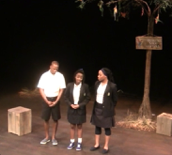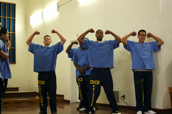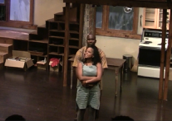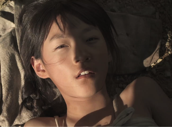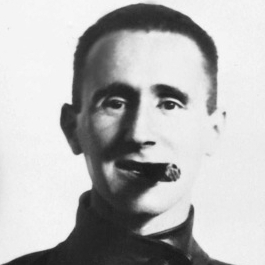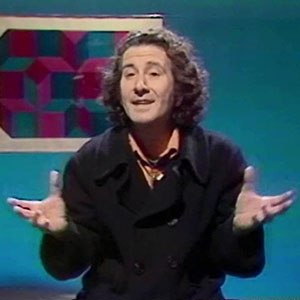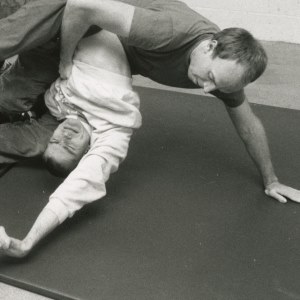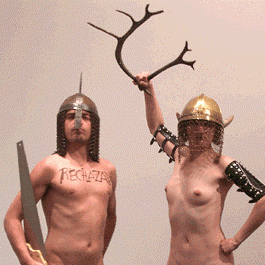The term ‘theatre of the oppressed’, coined by Augusto Boal after Paolo Freire’s writings on oppression, has become recognised and adopted internationally for denoting a way of creating theatre and conducting paratheatrical work within a particular ideological framework. Boal developed several techniques and modes of performance, often involving games, that can operate in theatre and non-theatre contexts to achieve his aims of social franchisement and agency. Boal’s combined theoretical and practical approach aims to give people understanding and even, through rehearsal, experience of the possible means by which they can overcome their situation as oppressed citizens. Theatre of the Oppressed’s ‘Forum Theatre’ allows audiences to participate by halting the action of a piece, orchestrated by a go-between figure, the Joker. Typically, these ‘plays’ or short dramas tackle a local or topical problem head-on. The audience members can then suggest alternative responses to the issue and act these out themselves, positing ways of solving real-life difficulties and oppressions in their communities. Boal considers this to be a ‘rehearsal of revolution’ and coined the neologism ‘spectactor’ to identify this new participatory role for the audience. In ‘Invisible Theatre’ the audience must remain unaware that what they are watching is in fact a carefully rehearsed situation that intrudes into real life. Here the ‘invisible’ actors attempt to draw an audience in and encourage them to take sides – a situation of conflict or oppression is therefore chosen to stimulate participation and debate. ‘Newspaper Theatre’ allows workshop participants to read behind the lines through the enactment of news stories, whilst ‘Image Theatre’ utilises symbolic action and gestures rather than text, emphasising physical rather than verbal processes.
Boal’s own professional move to working in the Brazilian political arena and his use of Legislative Theatre could be seen as both another means of facilitating the freedom which he sought for oppressed peoples and encouraging an active dialogue between those with power and those who seemingly have none. From the RCTP
Image: From the cover of Games for Actors and Non-Actors by Augusto Boal (2nd edn, London and New York: Routledge, 2002)


